Essential Calcium in Vegan Diet: Meeting Your Nutritional Needs
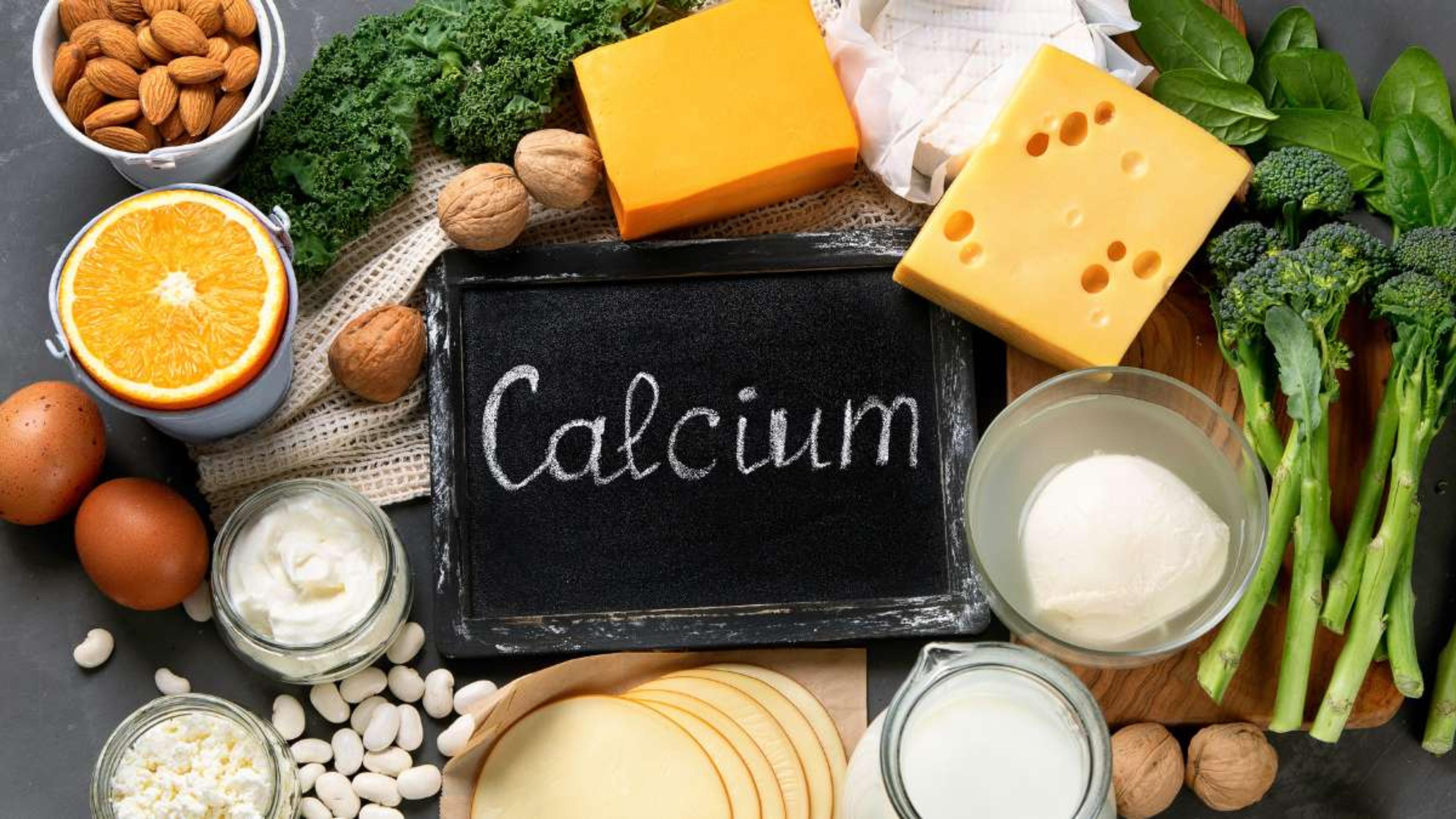
- Key Takeaways
- Vegan Sources of Calcium
- Importance of Calcium in a Vegan Diet
- Meeting Calcium Requirements on a Vegan Diet
- Conclusion
- FAQs
If you're a vegan, you might sometimes worry about getting enough calcium without consuming dairy products. Did you know that there are plenty of plant-based foods rich in this essential mineral? This blog will guide you through the top sources of calcium for vegans and how to include them in your diet.
Ready to strengthen your bones and improve your health with every bite?
Key Takeaways
- Plant-based sources such as soy foods, beans, peas, lentils, nuts, seeds, leafy greens, and fortified foods and drinks are excellent sources of calcium for vegans.
- Adequate calcium intake is essential for maintaining bone health, muscle function, and nerve transmission on a vegan diet.
- Effective meal planning and cooking methods can help maximize calcium absorption from plant-based sources.
- Vegans can consider supplements or incorporate calcium - fortified products into their diet to ensure they meet their calcium needs.
Vegan Sources of Calcium
Soy Foods
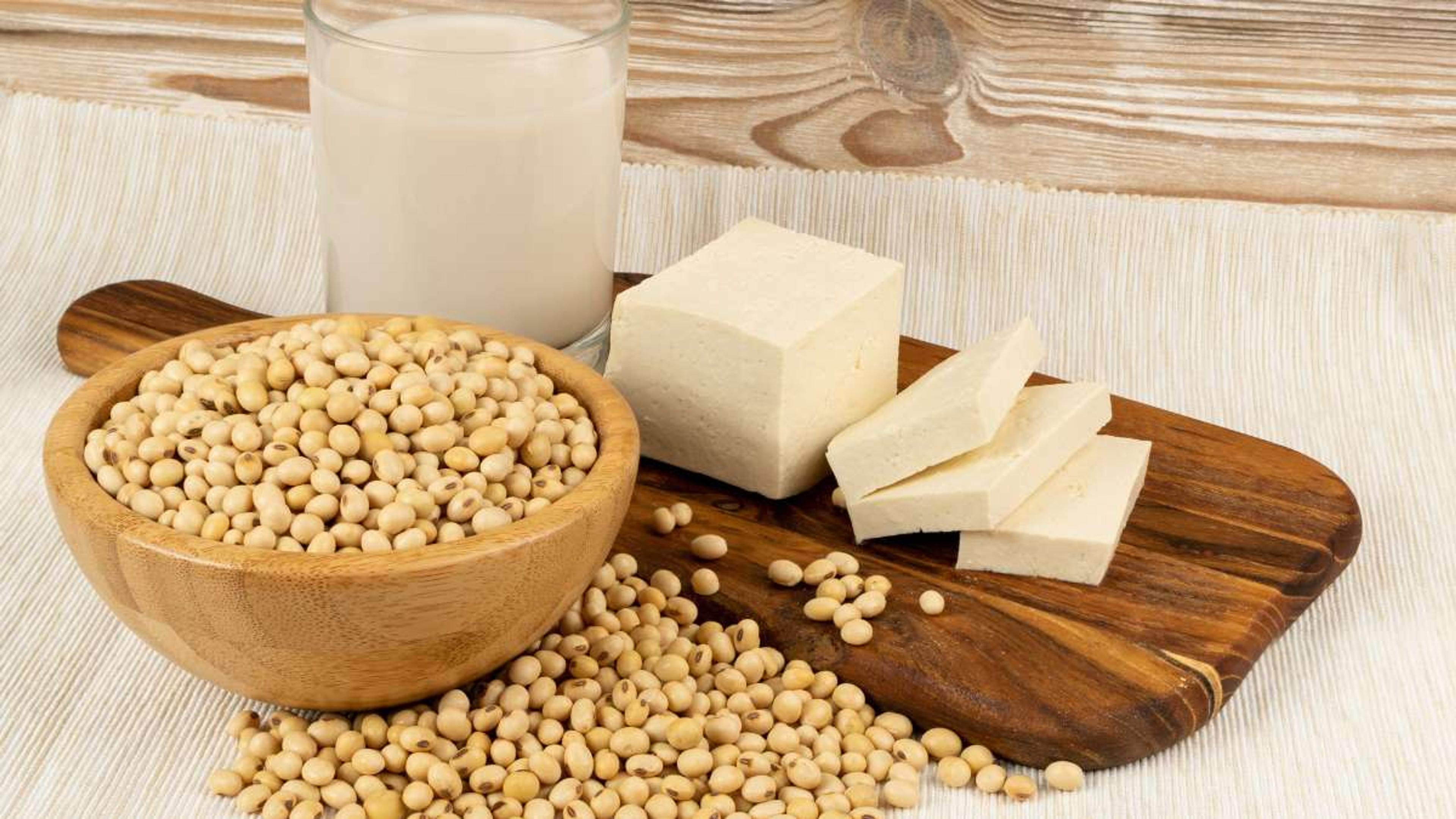
Soy foods pack a powerful calcium punch, making them an excellent choice for vegans. High in nutritional value, products such as soy milk, tofu, tempeh, whole soybeans, and edamame can easily be incorporated into meals.
Not only does tofu provide a hefty amount of calcium in each serving, but many brands also use the mineral-rich coagulant calcium sulfate during production which adds to its overall content.
With diets high in animal protein leading to increased calcium excretion, it's noteworthy that intake of soy protein actually decreases this loss. Thus incorporating these ingredients not only fulfils needed vegan nutrition but supports optimal bone health by decreasing your body's natural depletion of this vital nutrient.
Here are some interesting facts about Tofu you need to know;
- Calcium-Set Tofu:Firm and extra-firm tofu made with calcium sulphate or calcium chloride is an excellent source of calcium. A 3.5-ounce (100-gram) serving of calcium-set tofu can provide around 350-500 mg of calcium.
- Soy Yogurt: Certain brands of soy-based yogurt are fortified with calcium. A serving of soy yogurt typically provides around 150-250 mg of calcium.
- Tempeh: Tempeh is a fermented soy product that contains a good amount of calcium. A 3.5-ounce (100-gram) serving of tempeh can supply approximately 100-150 mg of calcium.
- Soy-Based Cheese: Some varieties of plant-based cheese made from soy are fortified with calcium. Check the label for the specific calcium content.
Beans, Peas and Lentils
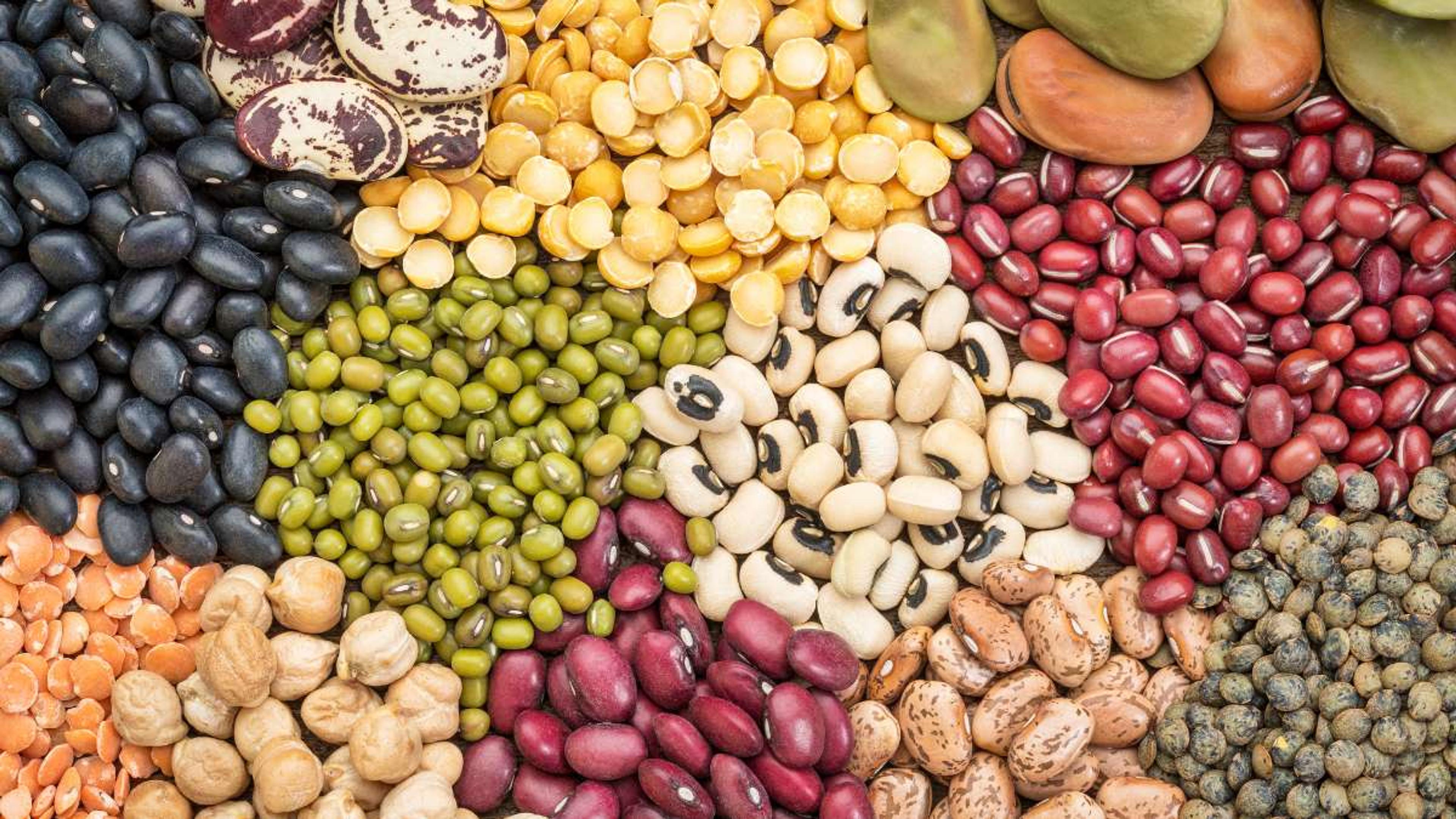
Beans, peas, and lentils offer a vegan-friendly source of calcium that should not be overlooked. These legumes, including white beans, can deliver between 4% to 26% of daily recommended intake for bone-nurturing calcium.
Covering more than just your calcium needs, beans, lentils and peas also supply vital nutrients like iron and B vitamins which help promote overall health. Incorporating these power-packed foods into your vegan diet will not only help meet your calcium intake but enhance nutritional variety as well.
Here's how you can effectively incorporate them to get your daily calcium boost:
Beans:
- Black Beans: Cooked black beans offer about 46 mg of calcium per 1 cup (172 grams).
- Pinto Beans: Cooked pinto beans contain around 82 mg of calcium per 1 cup (193 grams).
- Red Kidney Beans: Cooked red kidney beans provide approximately 70 mg of calcium per 1 cup (177 grams).
Peas:
- Green Peas: Cooked green peas offer about 25 mg of calcium per 1 cup (160 grams).
- Black-Eyed Peas: Cooked black-eyed peas provide around 46 mg of calcium per 1 cup (172 grams).
- Snow Peas: Snow peas are not significant sources of calcium, and the calcium content is relatively low.
Lentils:
- Yellow Lentils (Toor Dal): Cooked yellow lentils contain approximately 37 mg of calcium per 1 cup (198 grams).
- Red Lentils (Masoor Dal): Cooked red lentils offer around 20 mg of calcium per 1 cup (192 grams).
- Green Lentils: Cooked green lentils provide about 36 mg of calcium per 1 cup (198 grams).
- Brown Lentils: Cooked brown lentils contain around 38 mg of calcium per 1 cup (198 grams).
Nuts and Seeds
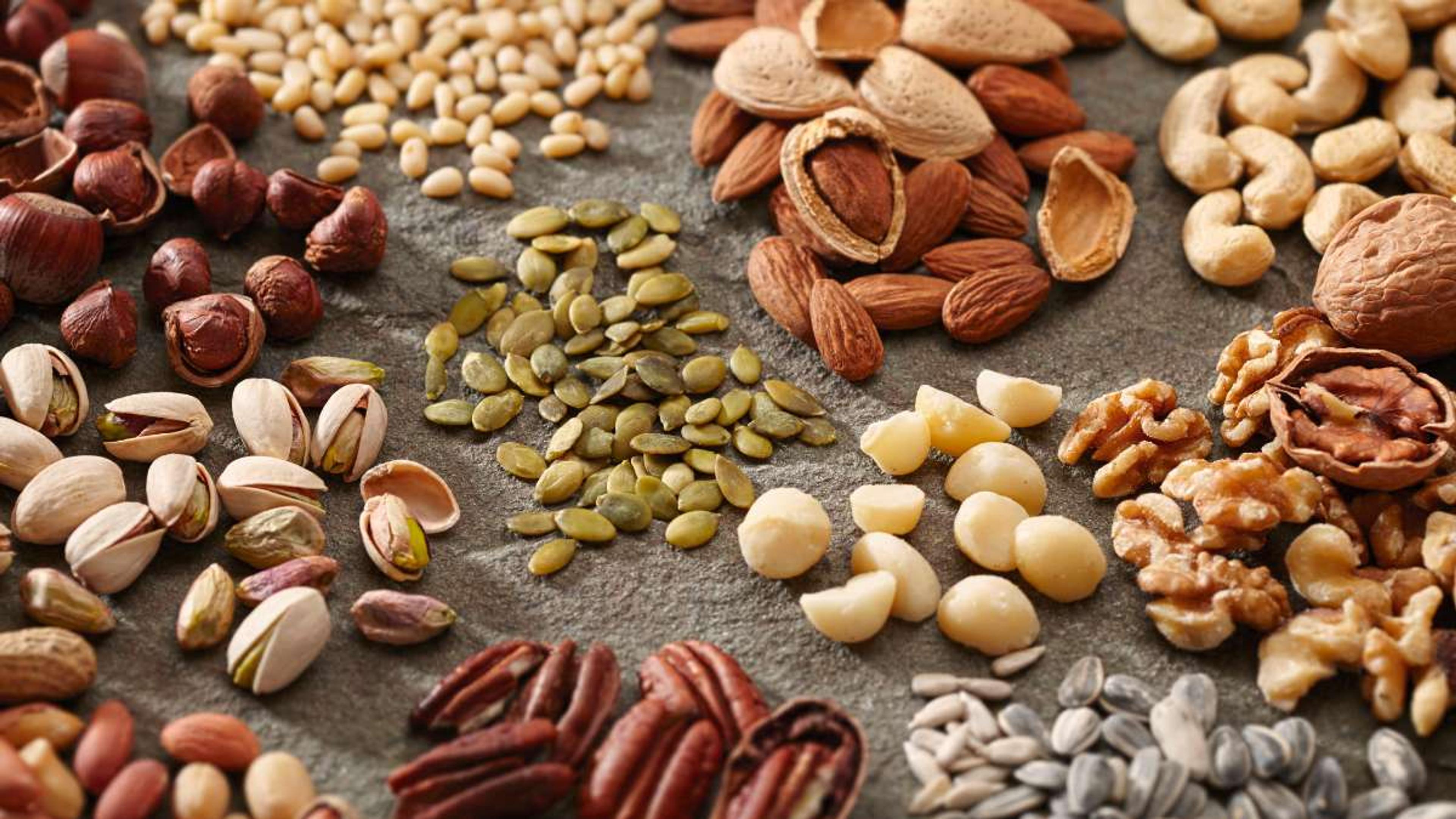
Chowing on almonds and sesame seeds can amp up your calcium intake as a vegan! These tiny nutritional powerhouses are packed with this vital mineral, along with other essential nutrients that contribute to your overall health. For a touch of sweetness, try adding a drizzle of molasses to your almond and sesame seed mix. Remember to enjoy in moderation as molasses is high in sugar.
Try adding nut butter like almond or tahini (made from sesame seeds) to dishes for an easy way to boost their calcium content. Additionally, consuming dried fruits such as figs alongside nuts enhances the amount of calcium absorbed by the body. Another great source of calcium is blackstrap molasses, which can be added to smoothies or used as a natural sweetener in baking.
Aim for a variety of nuts and seeds in your diet - not only do they provide valuable calcium, but they're also rich in antioxidants which benefit heart health and reduce inflammation.
Nuts:
- Almonds: 1-ounce (28 grams) serving of almonds contains around 76 mg of calcium.
- Brazil Nuts: 1-ounce (28 grams) serving of Brazil nuts contains approximately 45 mg of calcium.
- Hazelnuts (Filberts): 1-ounce (28 grams) serving of hazelnuts offers about 35 mg of calcium.
Seeds:
- Sesame Seeds: 1 tablespoon of sesame seeds contains around 88 mg of calcium.
- Chia Seeds: 1 tablespoon of chia seeds provides approximately 27 mg of calcium.
- Poppy Seeds: 1 tablespoon of poppy seeds contains about 13 mg of calcium.
- Flaxseeds (Linseeds): 1 tablespoon of flaxseeds offers around 17 mg of calcium.
- Sunflower Seeds: A 1-ounce (28-gram) serving of sunflower seeds contains approximately 26 mg of calcium.
Leafy Greens
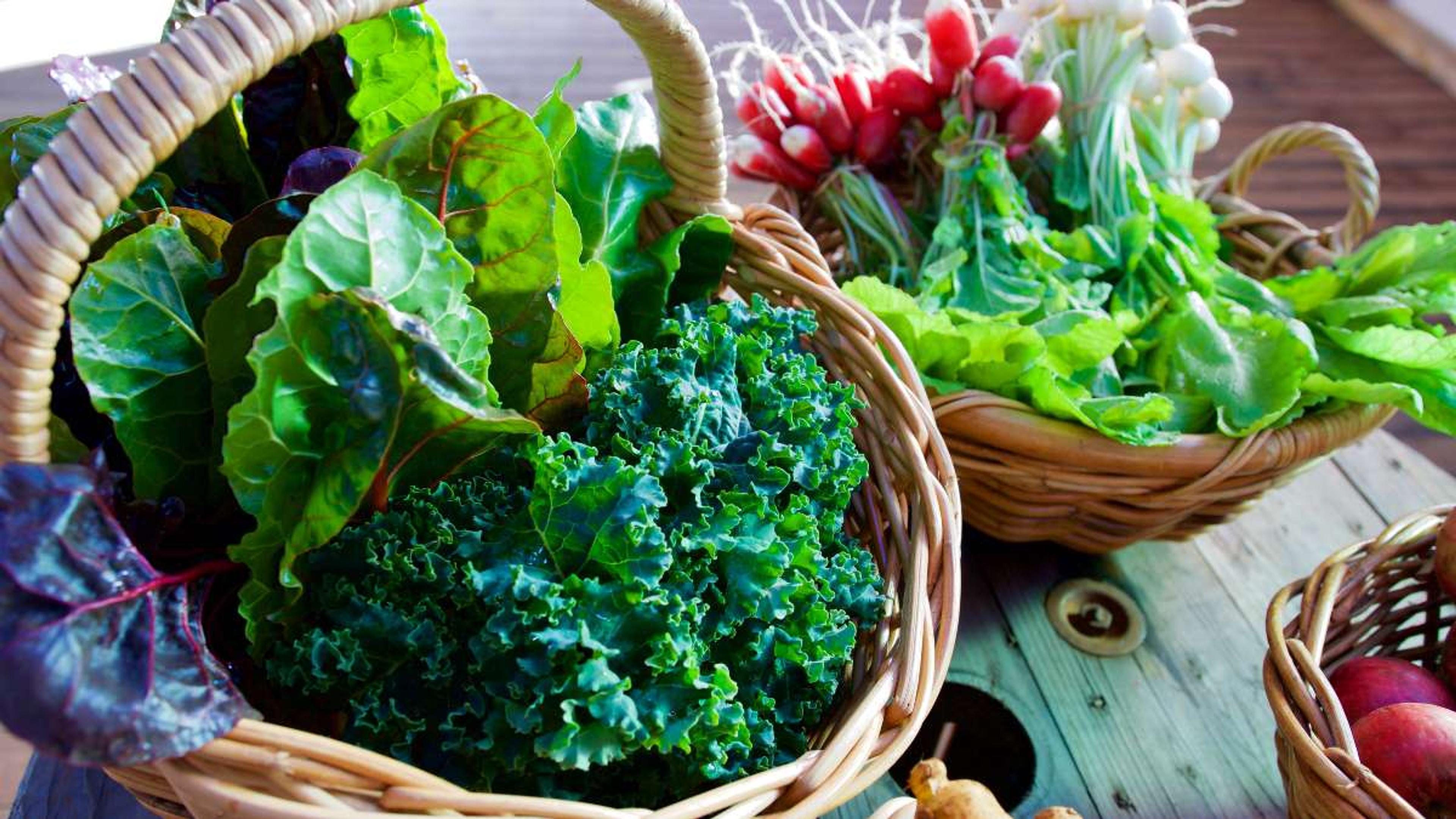
Leafy greens, like broccoli and kale, are excellent sources of calcium and oxalate for those following a vegan diet. These nutrient-rich vegetables provide an important boost to your calcium intake.
In fact, just half a cup of dark leafy greens can contribute 3-6% of your daily recommended intake of calcium. Collard greens, bok choy, mustard greens, and kale contain high levels of easily absorbed calcium that can help support strong bones and overall bone health.
But how can you incorporate them in right quantities to make sure you get your ideal calcium intake? Here are some useful tips;
- Kale: Kale is one of the best plant-based sources of calcium. One cup of cooked kale provides approximately 179 mg of calcium.
- Bok Choy (Chinese Cabbage): Bok choy is rich in calcium, with one cup of cooked bok choy containing around 158 mg of calcium.
- Collard Greens: Collard greens are another calcium-rich leafy green. One cup of cooked collard greens offers about 266 mg of calcium.
- Turnip Greens: Turnip greens are a good source of calcium, providing approximately 197 mg of calcium per cup when cooked.
- Mustard Greens: Mustard greens are rich in calcium, with one cup of cooked mustard greens containing around 104 mg of calcium.
- Broccoli Rabe (Rapini): Broccoli rabe is a calcium-packed leafy green, offering approximately 100 mg of calcium per cup when cooked.
- Spinach: Spinach contains a moderate amount of calcium, with one cup of cooked spinach providing around 245 mg of calcium.
- Swiss Chard: Swiss chard is rich in calcium, offering about 102 mg of calcium per cup when cooked.
- Dandelion Greens: Dandelion greens are calcium-rich, with one cup of cooked dandelion greens containing approximately 103 mg of calcium.
Fortified Foods and Drinks
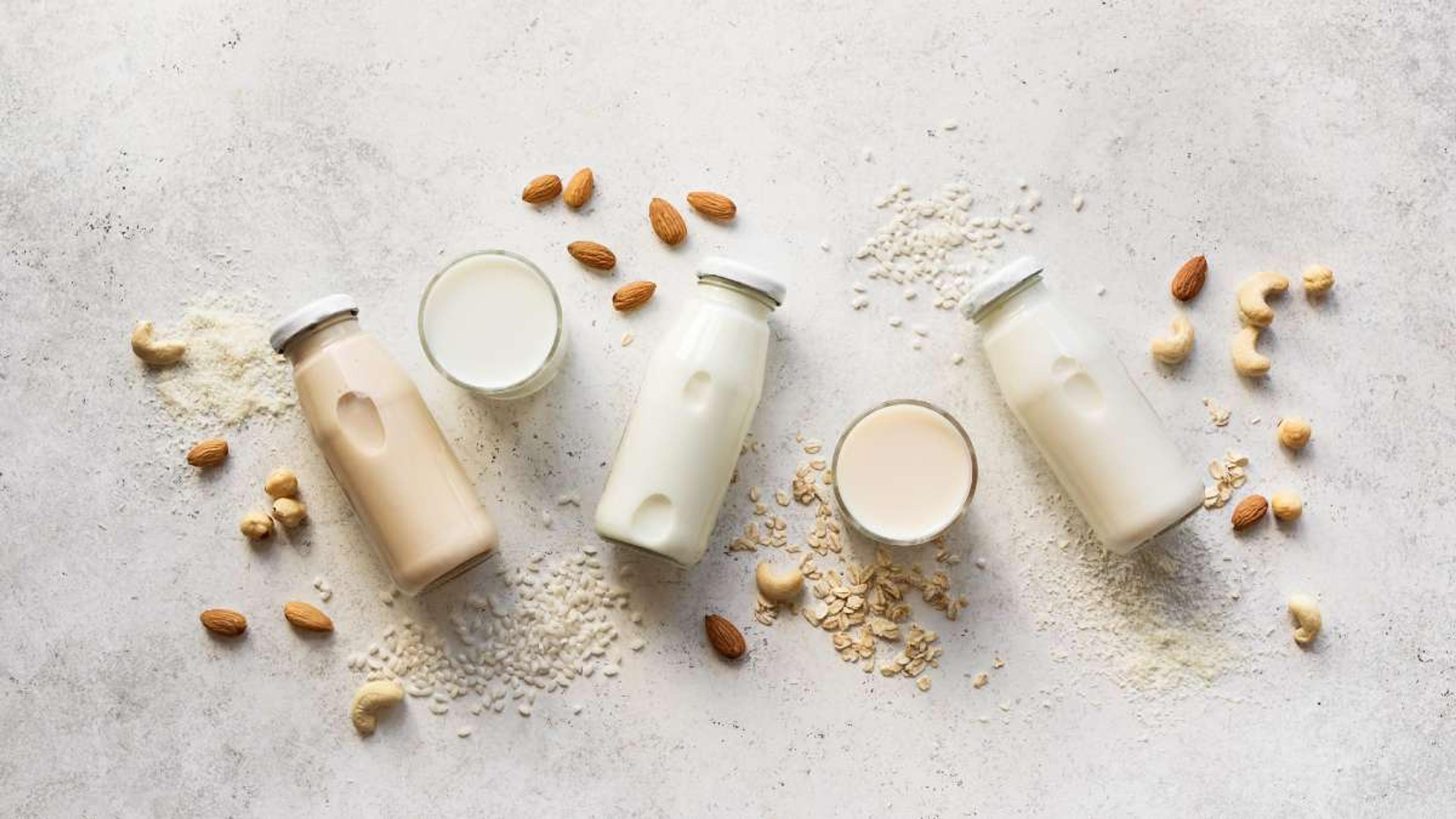
Fortified foods and drinks are a great way for vegans to increase their calcium intake. Many plant-based products, such as soy milk, tofu, fortified fruit juices like orange juice, and ready-to-eat cereals, are fortified with additional calcium.
These fortified options can provide an extra boost of milligrams of calcium, an important mineral in a vegan diet. So if you're looking to meet your calcium needs without relying solely on dairy or animal products, incorporating these fortified foods and drinks into your meals can help ensure you're getting enough calcium for strong bones and overall bone health.
Importance of Calcium in a Vegan Diet
Calcium is essential in a vegan diet for maintaining bone health, muscle function, and nerve transmission.
Bone health
Calcium is essential for maintaining strong bones, making it crucial for bone health. When following a vegan diet, it's important to ensure an adequate intake of calcium since plant-based diets often have lower levels of this nutrient compared to diets that include animal products.
Calcium plays a crucial role in maintaining strong bones by being responsible for providing the structural integrity and strength to our skeletal system. Without sufficient calcium, our bones may become weak and prone to fractures. This is especially important for vegans, as they need to find alternative sources of calcium since dairy products, which are rich in this mineral, are not consumed.
Muscle function
Calcium plays a crucial role in muscle function and contraction. Without an adequate intake of calcium, our muscles may not be able to contract properly. This can lead to muscle weakness or cramping.
Nerve transmission, which is essential for muscle coordination, also relies on calcium. Therefore, it's important for vegans to ensure they are getting enough calcium in their diet to support optimal muscle function.
Inadequate intake can have negative effects on overall muscle health, so incorporating calcium-rich plant foods or considering supplementation may be necessary for some individuals on a vegan diet.
Nerve transmission
Adequate calcium intake plays a crucial role in supporting nerve transmission in the body. Calcium is necessary for influencing and regulating the electrical impulses that allow nerves to communicate effectively. This means that without sufficient calcium, nerve transmission may be disrupted, leading to potential issues with muscle weakness, coordination, sensation, and overall nerve function.
For vegans, who may have lower levels of calcium in their diets due to the absence of dairy products, it becomes even more important to ensure an adequate intake of this mineral. By incorporating calcium-rich plant foods such as tofu, leafy greens like kale and broccoli, fortified plant-based milks, and nuts into their diet, vegans can help support optimal nerve transmission.
To ensure proper nerve function on a vegan diet, it is important to consume a variety of plant-based foods rich in calcium.
Meeting Calcium Requirements on a Vegan Diet
To meet calcium requirements on a vegan diet, it is important to plan meals carefully and incorporate a variety of calcium-rich plant foods into your diet.
Meal Planning and Combining different calcium-rich foods
A key aspect of meeting your calcium requirements on a vegan diet is effective meal planning and combining different calcium-rich foods. By incorporating a variety of plant-based sources into your meals, such as leafy greens, tofu, tempeh, almonds, and black beans, you can ensure an adequate intake of this essential mineral.
Be sure to include several servings of these foods throughout the day to boost your calcium levels. Additionally, focusing on vegetables, legumes, and whole grains will further enhance your overall nutritional profile while providing ample amounts of this vital nutrient.
Cooking Methods for retaining calcium content and enhancing absorption
Some cooking methods can help to retain the calcium content in foods and enhance its absorption for better utilization by our bodies. One effective method is steaming vegetables, as it helps to preserve the natural calcium present in them.
Another technique is blanching, which involves briefly immersing the food in boiling water before quickly transferring it to ice-cold water. Blanching removes certain compounds that can inhibit calcium absorption while maintaining the overall nutrient content.
Additionally, adding a source of vitamin C, like lemon juice or tomatoes, during cooking can enhance calcium absorption. Lastly, using calcium-rich ingredients such as tofu or fortified plant-based milk in recipes boosts their nutritional value and takes advantage of their higher calcium content compared to other foods.
Consideration of calcium absorption enhancers and inhibitors
Phytic and oxalic acids found in certain plant foods can inhibit the absorption of calcium in the body. Additionally, high sodium intake, alcohol consumption, and smoking can also hinder calcium absorption.
On the other hand, there are substances that enhance calcium absorption. For vegans aiming to meet their calcium requirements, it is important to consider both these enhancers and inhibitors when planning their diet.
By understanding which foods contain these substances and incorporating them into their meals, vegans can optimize their intake of this vital mineral.
Supplements & Calcium-fortified products
Vegans can consider taking calcium supplements or incorporating calcium-fortified products into their diet to ensure they meet their calcium needs. Calcium supplements are available in various forms, such as tablets or chewable gummies, and can be easily found at health food stores or pharmacies.
These supplements provide a convenient way for vegans to get the recommended amount of calcium without relying solely on plant-based sources. Additionally, many manufacturers now offer a range of calcium-fortified products like plant-based milks, yogurts, and cereals that can contribute significantly to an individual's daily calcium intake.
By including these fortified foods in their diet, vegans can increase their calcium intake and support strong bones and overall bone health.
Conclusion
In conclusion, meeting calcium requirements on a vegan diet is entirely possible with the abundance of plant-based sources available. By incorporating calcium-rich foods like leafy greens, soy products, and fortified options into their meals, vegans can ensure they are getting enough calcium for strong bones and overall health.
With proper meal planning and consideration of absorption enhancers and inhibitors, vegans can thrive on a well-rounded plant-based diet.
FAQs
1. How can I get enough calcium on a vegan diet?
There are several plant-based sources of calcium that can be incorporated into a vegan diet, including fortified plant milks, tofu, tempeh, leafy greens like kale and collard greens, almonds, sesame seeds, and chia seeds.
2. How much calcium do I need on a vegan diet?
The recommended daily intake of calcium for adults is 1000-1200 mg. However, it is important to note that individual needs may vary based on factors such as age and gender.
3. Can I meet my calcium needs through supplements alone?
While supplements can be helpful in meeting your calcium needs, it is generally recommended to obtain nutrients from whole food sources whenever possible. Calcium supplements should be used under the guidance of a healthcare professional.
4. Are there any potential risks or challenges associated with getting calcium from a vegan diet?
Some challenges associated with obtaining calcium from a vegan diet include ensuring adequate variety and quantity of plant-based sources in order to meet recommended intake levels. It is also important to consider other factors that affect absorption and utilization of calcium in the body such as vitamin D levels and overall nutrient balance in the diet.

